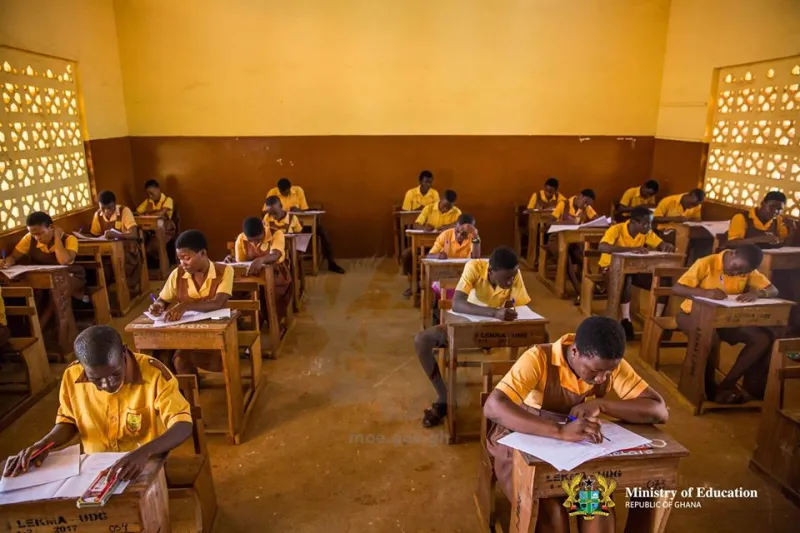
The Oti Region has recorded a sharp increase in typhoid fever cases, with figures rising from 10,233 in the second quarter to 22,261 cases as of August 28, 2025, according to the Ghana Health Service (GHS).
The Oti Regional Environmental Health Officer, Cynthia Sekyere, described the situation as a major public health concern that requires urgent intervention from government and development partners.
She identified lack of potable water and poor environmental sanitation practices as the leading causes of the outbreak.
Communities around the Volta Lake, particularly in Krachi West and Krachi East districts, have been the hardest hit, largely due to indiscriminate defecation and improper waste disposal, which contaminate water sources during rainfall.
“Some residents dump refuse indiscriminately and defecate openly without proper sanitary facilities. When it rains, these waste materials are washed into the lake, contaminating the very water people depend on,” he said.
As an interim measure, the Regional Health Directorate is intensifying public health education, urging residents to boil or treat water with chlorine before use to reduce the risk of infection.
Beyond water and sanitation challenges, inadequate law enforcement has also been cited as a contributing factor. In 2024, only 19 court summons were issued to sanitation offenders, with just eight successfully executed.
This, Madam Sekyere noted, has emboldened many residents to continue flouting environmental health regulations.
To address this, 21 trained environmental health officers have been inaugurated to strengthen enforcement across municipal and district assemblies in the region. The team will rely on the Public Health Act, the Criminal Code, and local government by-laws to ensure compliance with sanitation standards.
Additionally, the Oti Regional Coordinating Council has launched house-to-house inspections aimed at improving sanitation at the community level. Madam Sekyere stressed that the exercise is not meant to intimidate residents but to safeguard public health.
“We are not targeting anyone or using erratic measures. Our goal is to help communities adopt safe practices, and we urge residents to cooperate and provide us with accurate information.”
Calling for urgent government and non-governmental support, Madam Sekyere emphasized the need for investment in safe drinking water infrastructure to tackle the root cause of the problem.
“We lack potable water, and this has contributed to the high number of typhoid cases. We appeal to government and NGOs to come to our aid. This situation requires immediate intervention,” she said.
The rising typhoid figures in Oti Region highlight the pressing need for improved sanitation infrastructure, strict law enforcement, and sustainable access to clean water to safeguard public health.
From Daniel K. Orlando
Read Full Story














Facebook
Twitter
Pinterest
Instagram
Google+
YouTube
LinkedIn
RSS